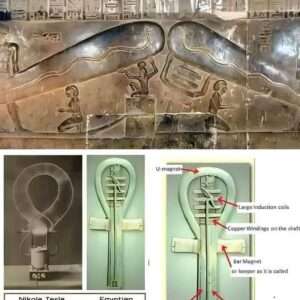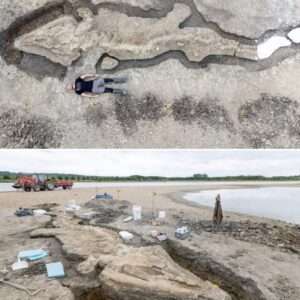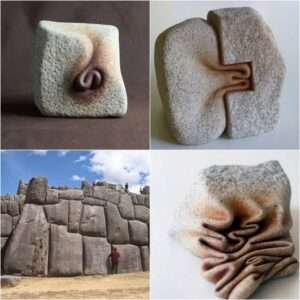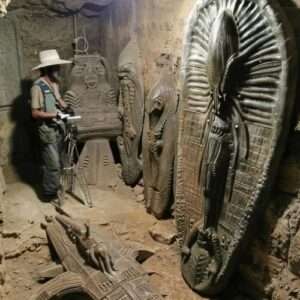The emergence of the Sumerian civilization around 4500 BCE in Mesopotamia, now modern-day Iraq, marks a pivotal point in human history. Recognized as one of the earliest urban societies, the Sumerians are credited with the creation of the world’s first cities, such as Uruk, Ur, and Eridu. Their innovative spirit extended to the development of cuneiform, one of the earliest writing systems known to humankind. This groundbreaking invention enabled the Sumerians to meticulously record laws, trade agreements, literature, and religious practices.
Delving into various fields, the Sumerians were trailblazers in science, mathematics, and architecture. They constructed impressive ziggurats, colossal stepped temples that stood as a testament to their advanced architectural skills. Additionally, their introduction of a 60-based numerical system revolutionized the measurement of time, a legacy that continues to impact modern timekeeping.

A distinctive feature of Sumerian society was its unique political structure, characterized by city-states governed by kings in conjunction with priests. This close relationship between religious and secular authorities underscored the profound intertwining of religion and governance in their culture.
Despite their remarkable achievements, the Sumerian civilization faced a decline around 2000 BCE, with the onslaught of invasions by the Akkadians, Amorites, and other neighboring peoples. However, the legacy of the Sumerians endured, profoundly influencing subsequent cultures in the region. Their innovations laid the groundwork for future empires, notably the renowned Babylonian and Assyrian civilizations.
In conclusion, the Sumerian civilization stands as a testament to human ingenuity and cultural advancement. Their pioneering contributions in writing, science, mathematics, architecture, and governance reverberate through the annals of history, shaping the trajectory of civilizations that followed in their wake. The enduring legacy of the Sumerians serves as a reminder of the transformative power of innovation and the lasting impact of ancient civilizations on the modern world.





